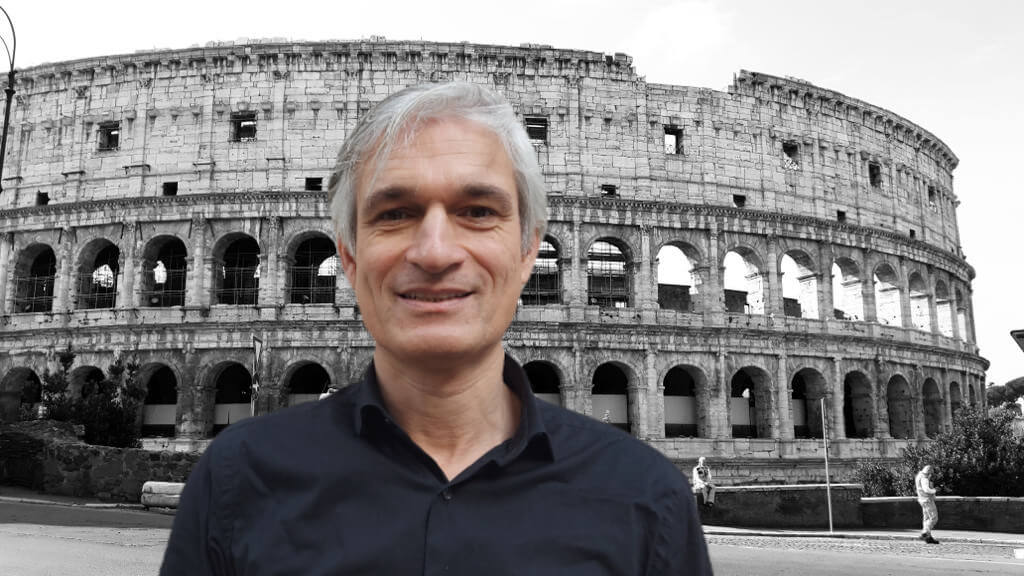
Borgo d’Anaunia, a town of 2,500 inhabitants in the province of Trento (northern Italy), has converted the small municipal hydroelectric plant so that it partly provides power for blockchain purposes. It is one of the first times that a municipality in Europe has embraced this, and it is definitely a first for Italy.
The converted plant was commissioned this week, after the municipality voted to do so by a large majority on the last day of 2021. Innovation, apparently, can also happen in the blink of an eye. For the conversion, the municipality has contracted Alps Blockchain,, a local start-up, which has adapted the electrical infrastructure and will be marketing the computational power to the public. In addition to electricity (and green certificates), the municipality is also planning to sell computational power this way, starting this week.
This is an attractive option for a small-sized municipality that has its own hydroelectric plant, no matter how modest it may be. Italian regulations prohibit energy producers, even if they are municipalities, from using the energy that is generated for their own use. For example, the generated energy cannot be used for street lighting.

The hydropower plant in question is already a century old and uses the drop of over 90 meters of water in a small river that runs through the town. As such, the power plant cannot guarantee a steady yield given that it is dependent on the elements. This winter, for example, has so far produced very little rainfall, which is driving the finance alderman to despair. While at the same time, fixed costs and maintenance costs are high. The power plant itself was taken out of service between 1972 and 2006 because it was not profitable.
The energy is sold on the free market. The trend is that the water level in the small river is on the decline and along with it, the revenue. “There are years in between when the power plant actually has failed to generate enough income,” says Daniele Graziadei, mayor of Borgo d’Anaunia in an interview with Innovation Origins. “The price of a kilowatt-hour of electricity on the energy market fluctuates between 6 and 7 euro cents.”

The idea of using energy for data mining is then mainly a financial matter. It is too much to say that data mines make money like gold, yet the yield is nevertheless a lot higher. Graziadei expects that as of this week, the returns from the power plant will be 40 percent higher. That percentage applies to one-fifth of the energy output sold as ‘computational power’. The rest still flows to the grid as ‘regular’ energy. Either way, both forms are generated in a sustainable way.
For data mining, 40 supercomputers, also called miners, were provided (at a total cost of 150,000 euros), each with a computational power of 100 terrahash. This amounts to a total of up to 4 pentahash. The installation is done in such a way that if the water flow is too weak, the miners are switched off.
With this initiative, the municipality is killing two birds with one stone. On the one hand, it earns more revenue, on the other, it is a step towards sustainable mining. The mining of crypto currency and other forms based on blockchain swallows up 130 billion kilowatt hours per year worldwide. That is equivalent to the energy consumption of a country like Argentina.
Owing to the high energy consumption of bitcoin payments, among other things, there are objections to blockchain. Utilizing renewable energy may be one argument to parry such criticisms. In the United States, by the way, groups of miners have settled around hydroelectric plants, and make use of the (green) electricity generated by these power plants.
The distinction of Borgo d’Anaunia as the first green Italian “blockchain municipality” also has to do with the fact that the 37-year-old mayor has high hopes for the future of blockchain and has pushed ahead with this development to accelerate the conversion of the power plant.
Meanwhile, the approximately 2,500 residents of Borgo d’Anaunia have greeted the mayor’s initiative with some resignation. “Some are wary. That’s what you always have with the introduction of technological innovations,” the mayor points out.
(Photos: overview of the hydropower plant and cabinet with data miners)
Also read about the Italian guru in blockchain and Austrian research on sustainable crypto currency.








